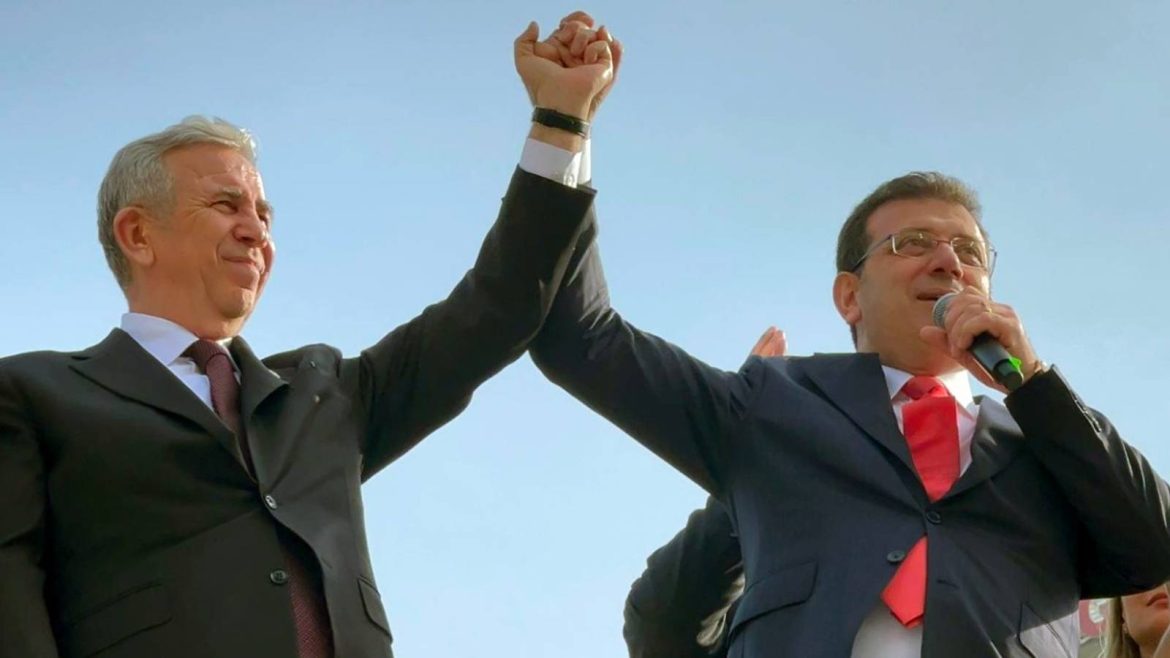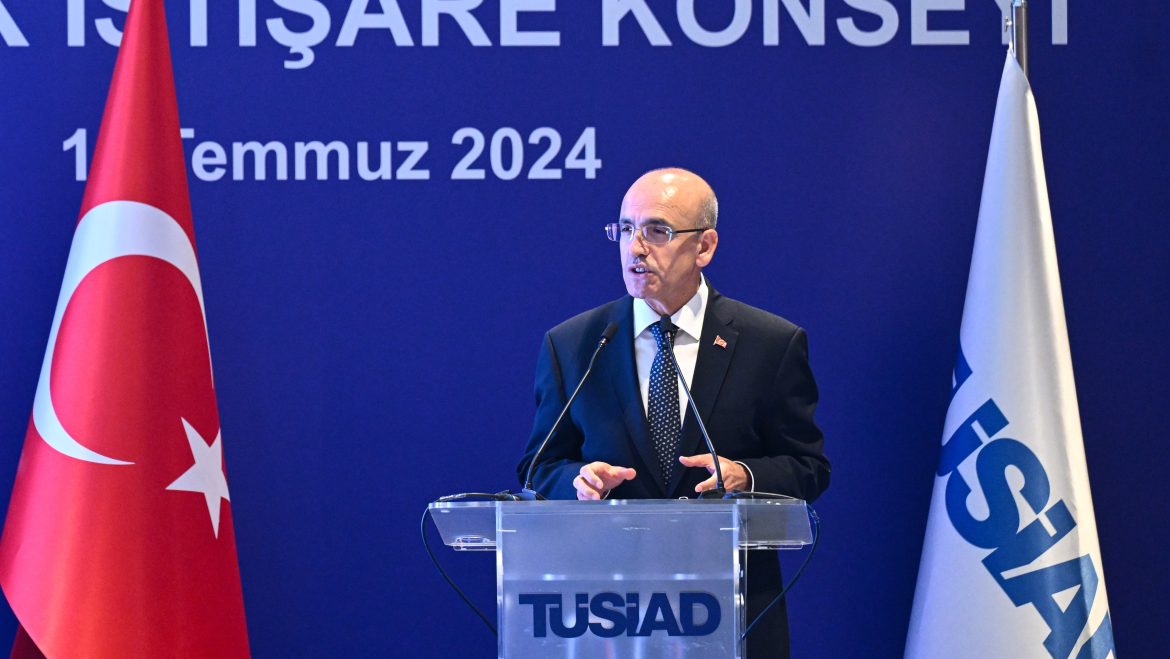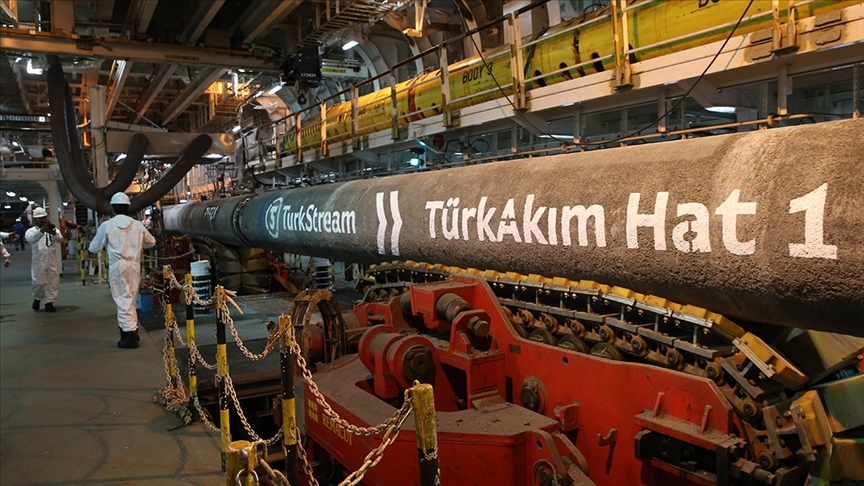Donald Trump’s warm and friendly phone call with Vladimir Putin and his subsequent approach to determining Ukraine’s fate resembles a real estate mogul deciding which bankrupt casino to offload next. One can almost hear him thinking, “Why pay for something when you can just give it away?” Trump and his loyal Secretary of Defense, Pete
President Recep Tayyip Erdoğan is seeking to run for office once again by securing a parliamentary majority and exploiting a constitutional ambiguity. The opposition Republican People’s Party (CHP) has two formidable potential candidates to challenge him: Mansur Yavaş, the Metropolitan Mayor of Ankara, and Ekrem İmamoğlu, the Metropolitan Mayor of Istanbul. While Erdoğan has thus
Turkish Industry and Business Association (TÜSİAD) Chairman Orhan Turan and High Advisory Council Chairman Ömer Aras were detained by police just hours after President Tayyip Erdoğan’s “Know your place” rebuke during the February 19 AKP parliamentary group meeting. The Istanbul Chief Public Prosecutor’s Office had already initiated an investigation against Aras for his speech at
Despite dozens of agreements and protocols signed over the years between Türkiye and Turkmenistan, we have yet to see the gas molecules flow. However, according to the announcement by Energy and Natural Resources Minister Alparslan Bayraktar, if no setbacks occur, natural gas from Turkmenistan will begin flowing to Türkiye starting March 1st through a new
It is reported that Türkiye will take an active role in restructuring the Syrian military. According to the statement made by Ministry of National Defense sources, the proposal came from Syria and the first contact was established a week ago. Ministry’s statement came after Syrian interim President Ahmed Shara’s Ankara visit on February 4. Sources informed
The three-hour meeting between interim Syrian President Ahmed Shara and Turkish President Recep Tayyip Erdoğan at the Presidential Complex in Ankara marked a historic moment in regional politics. Shara, arriving in a Turkish presidential aircraft from Damascus, was welcomed with full state honors, and the leaders discussed a wide range of issues from security cooperation
The Bolu Mayor Tanju Özcan claimed yesterday that the Ministry of Culture and Tourism, under the helm of Mehmet Nuri Ersoy, is rushing to demolish the Grand Kartal Hotel where 78 people perished in the fire. This statement deeply pained me. The first person who came to my mind was journalist Uğur Mumcu, assassinated 32
On the evening of January 16, the Kurdistan Democratic Party’s (KDP) Foreign Relations office made a brief but significant post on their X account. The English message was succinct: “United we stand, divided we fall. President Masoud Barzani met with SDF Commander Mazlum Abdi in Erbil.” The announcement came immediately after the meeting. The post
Ukraine’s recent attempt to attack the TurkStream pipeline represents an alarming and perilous escalation. The fact that this initiative failed should not bring us comfort; after all, a similar attempt occurred in May 2023, and there is no assurance that future attacks will be thwarted. Should another assault take place, we would find ourselves unable
The mayor of Istanbul’s Beşiktaş district, Rıza Akpolat from the opposition Republican People’s Party (CHP), has been arrested and suspended from his duties, marking a significant escalation in Türkiye’s political tensions. The Ministry of Interior announced Akpolat’s suspension from his position as a “temporary measure” following his arrest on charges of “membership in a criminal









